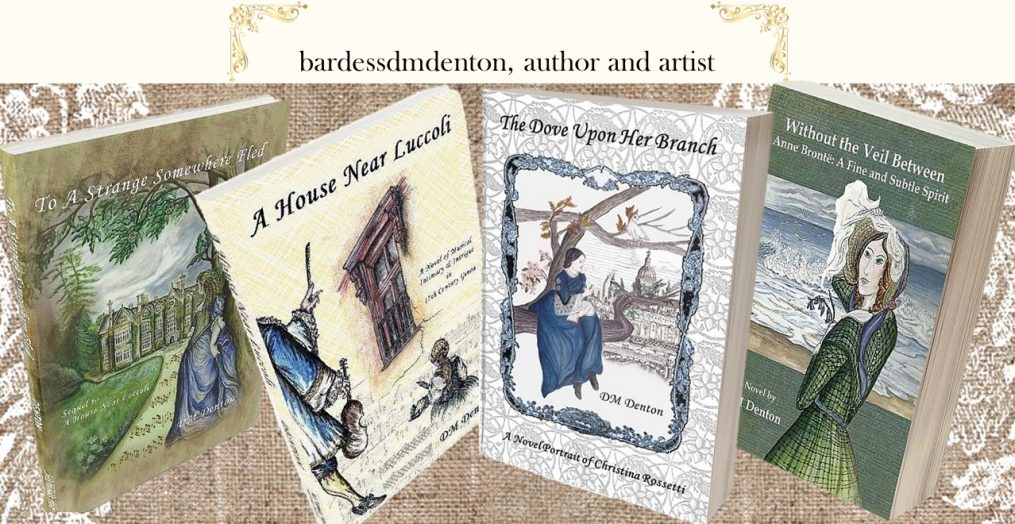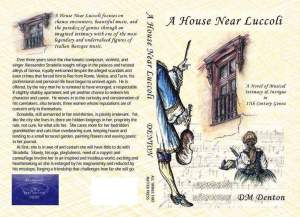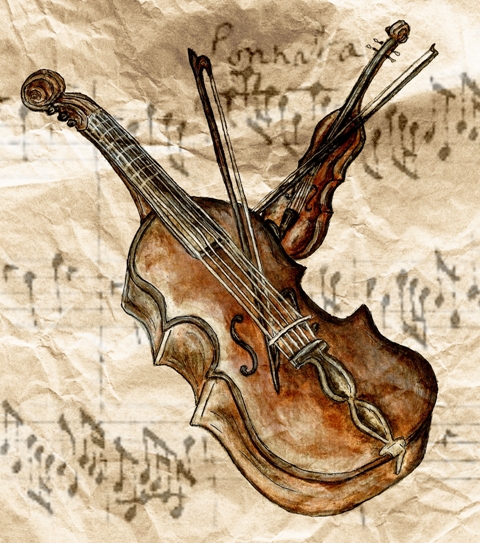Always worth reposting!
Today, February 21, 2023 is Martedí Grasso (Fat Tuesday) of Carnevale, a final celebration before Ash Wednesday and Lent.
“Life will show you masks that are worth all your carnivals”
~ Ralph Waldo Emerson

It’s the main day of Carnival … The most famous Carnivals in Italy are in Venice, Viareggio and Ivrea. Ivrea has the characteristic “Battle of Oranges” that finds its roots in medieval times. Italy is the birthplace of Carnival celebrations, having its origins in the ancient Roman festival of Saturnalia. ~ Wikipedia

There are a few theories on where the name Carnevale originated, the most popular put to verse by Lord Bryon:
This feast is named the Carnival, which being
Interpreted, implies “farewell to flesh”:
So call’d, because the name and thing agreeing,
Through Lent they live on fish, both salt and fresh.
With roots in the Latin phrase carnem levare, “put away flesh” (carnem: flesh – levare: put away), the name evolved into carnelevare in Old Italian, then carnelevale, then carnevale, and, finally, carne, vale!—“Farewell, meat!”— appropriately referencing the Catholic tradition of giving up meat-eating from Ash Wednesday to Easter.

The Italian carnival that usually comes to mind has taken place in Venice since the eleventh century. In the seventeenth century these “Baroque celebrations” were “a way to save the prestigious image of Venice in the world” (Wikipedia), and it became even more popular and licentious in the 1700s until outlawed in 1797 when Venice was ruled by the King of Austria who also forbade the wearing of masks at any time. It reappeared during the nineteenth century, primarily for private celebrations and artistic expression. Carnevale di Venezia was revived in 1979 as an annual cultural event pronouncing Venice as even more magical and surreal with actors, acrobats, musicians, residents and visitors disguised in extravagant masks and costumes while enjoying themselves to the extreme.






In the Middle Ages and Renaissance, many Italian cities had a tradition of mask-wearing, enabling questionable behavior among those needing to protect their reputations, laws passed to restrict masquerading to certain times of the year like Carnevale. Besides serving as subterfuge for inquisitors, spies, high officials and nobility who couldn’t resist behaving badly, donning masks presented an opportunity for covert defiance by those on the lower levels of society.
For those of you who have read my historical fiction A House Near Luccoli, you will know that Martedi Grasso offers some pivotal scenes. Although the novel begins a few years after the 17th century composer Alessandro Stradella‘s arrival in Genoa, Carnevale was initially his reason for going (well, there might have been one or two other reasons …) and then he was encouraged to stay.
This week I go to Genoa, invited by some gentlemen of that city, where I will spend carnival …
~ from a letter Stradella wrote to Polo Michiel (one of his patrons), dated Turin, 16 December, 1677

I arrived in Genoa safe and sound already last week, where I was favored by many gentlemen who vied to have me in their homes … And from the moment of my arrival till now, I have always had to spend my time with ladies and gentlemen, all greatly interested in me, and actually they favour me with so many kindnesses and so much applause that I do not know what more I could desire, and in every way they show very great pleasure in my inadequate talent.
~ from a letter Stradella wrote to Polo Michiel, dated Genoa, 8 January 1678 

Wander through this brief moment in Italian Baroque musical history and let the author and Alessandro Stradella, Donatella, and a whole host of wonderful characters give you the “spirit of Carnevale“.
~ Martin Shone, author of the poetry collections Silence Happens, Being Human, After the Rain, and other poetry collections
Sleep well tonight. She wished she had taken his advice, but she couldn’t stop looking at the explicitly elegant gown hanging on the wardrobe. Nonna would have enjoyed the sight. It was silk and pearl buttoned, curving and billowing white, beribboned in sapphire and trimmed in bronze. Also warm and cold, tight and loose, depending on what the weather and outcome would be. A few hours later she was like a cat that had fallen from an open window, suddenly finding herself where she both longed and was afraid to be, feeling the hardness of pavement and softness of air.
Alessandro insisted she put on her mask again. “And practice on the way.”
“Practice what?”
“Walking like a cat, purring like a cat.”
“Really.” She wasn’t averse to doing so. “I’ve never seen a blue one.”
“You’ll see others turning green.”
Although her face was immovable and pale, she couldn’t hide her pleasure.
“All that’s left is for you to rub against my legs.”
Alessandro was all in white, as if he had absorbed winter from his hat like a boat with one wind-torn sail to frill topped hose and overly flapped boots. He was wimpled in lacy layers to his shoulders, tightly short coated and cavalier, out of fashion but not style, laddered rows of braid with buttons unfastened to the shine of his shirt also showing through gaping slashes on his sleeves. It would have been a perfect disguise but for the distinctiveness of his stride and attitude of his head exaggerated by a duckbill mask, the shine of his lower lip appearing when his expressive, unmistakable voice did.
~ Excerpt from A House Near Luccoli
It doesn’t end there!
The gift of a sonnet, ‘stolen’ music, inexpressible secrets,
and an irrepressible spirit
stow away on Donatella’s journey
To A Strange Somewhere Fled (sequel to A House Near Luccoli)
![]() ©Artwork and writing, unless otherwise indicated, are the property of Diane M Denton. Please request permission to reproduce or post elsewhere with a link back to bardessdmdenton. Thank you.
©Artwork and writing, unless otherwise indicated, are the property of Diane M Denton. Please request permission to reproduce or post elsewhere with a link back to bardessdmdenton. Thank you.



























